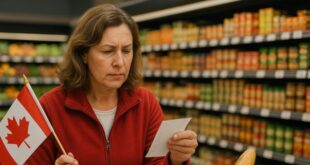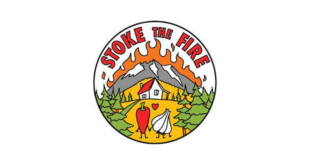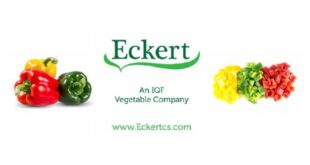Superficial branding like maple washing isn’t cutting it anymore. Without transparency, the Buy Canadian movement won’t last
The so-called buy Canadian movement gained momentum when former U.S. President Donald Trump suggested, half in jest but with a tone of menace, that Canada could one day become America’s “51st state.”
The remark struck a nerve. Canadians reacted with indignation and pride, choosing to affirm their sovereignty not only through political rhetoric but also through their wallets. Many began rejecting U.S. products and looking more deliberately at what it meant to support Canadian ones.
At first glance, it appears that some companies have gained from this wave of patriotism. Liquor boards reported stronger sales of Canadian wines and beers, though these increases were largely the product of institutional bans on U.S. products rather than a broad-based consumer awakening. In grocery retail, NielsenIQ data showed U.S. food product sales falling by 8.5 per cent last spring within only a few months. Yet the sales of Canadian products remained essentially flat, suggesting that the vacuum left by fewer American imports did not translate into an equivalent rise in domestic demand.
Instead, the gap has invited another phenomenon: “maple washing,” where products are branded or marketed as Canadian even though they are not genuinely so.
We have seen oranges and almonds sold with a maple leaf logo despite the obvious reality that Canada does not produce these commodities at scale. Packaged foods made almost entirely from imported ingredients but assembled in Canada are now presented as “homegrown.” These cases, and many others circulating on social media, reveal just how quick some companies are to exploit patriotism without delivering on its promise.
Canadians have grown impatient with such practices. They expect detail, transparency, and honesty from their grocers, and when those expectations are not met, trust erodes.
The food service sector has joined this race to capture national sentiment, though often with gestures that border on the absurd. Subway’s “Ditch the Inch” campaign, where sandwiches previously sold as six inches are now marketed as 15.24 centimetres, is a case in point. It is clever in a superficial way, tapping into Canada’s use of the metric system, but it hardly amounts to an authentic expression of Canadian identity. Such stunts risk trivializing a movement that, at its best, could reinforce real pride in local food systems.
The deeper question, then, is what it really means to “buy Canadian.” Patriotism in the United States has long been tied to market currency. The flag itself is a sales tool. In Canada, patriotism has always been more understated. It is not something Canadians announce loudly or constantly measure at the cash register.
Instead, it lives in ideals of fairness, trust, authenticity, and community. In the food economy, being Canadian is not about draping products in red and white but about behaving in ways that reflect these values. That means being transparent about sourcing, investing in local communities, supporting farmers and processors, respecting Indigenous food systems, and treating sustainability as part of national identity.
What is crucial to understand is that Canadians do not want to be sold patriotism. They want it to be celebrated and honoured. When companies exploit patriotic symbols only as a marketing shortcut, they betray the very sentiment they are trying to capture. By contrast, when businesses celebrate Canadian values authentically—by supporting local supply chains, paying respect to diverse food traditions, and operating with integrity—consumers respond with loyalty and pride.
In this sense, Canadian patriotism is a mindset rather than a marketing tactic. It is about building trust over time, not securing a quick sale with a maple leaf sticker. A grocery store or restaurant can look like it is celebrating Canada Day every day of the year, but without grounding its practices in honesty and responsibility, consumers will see through the façade. Patriotism in Canada, unlike in the United States, is not about spectacle but about substance.
The risk is that, if companies continue to push the maple leaf too aggressively without delivering the integrity behind it, the buy-Canadian movement will lose credibility and collapse under its own weight. Canadians have little tolerance for hollow gestures, especially when tied to something as sensitive as food. What they want is not the performance of patriotism but the experience of authenticity.
To be Canadian in the food economy is to be grounded, real, and committed to values that extend beyond the marketplace. That is the standard against which companies will be judged, and it is the only way the buy-Canadian sentiment will endure.
Dr. Sylvain Charlebois is a Canadian professor and researcher in food distribution and policy. He is senior director of the Agri-Food Analytics Lab at Dalhousie University and co-host of The Food Professor Podcast. He is frequently cited in the media for his insights on food prices, agricultural trends, and the global food supply chain.
 Western Grocer Serving the industry since 1916
Western Grocer Serving the industry since 1916





